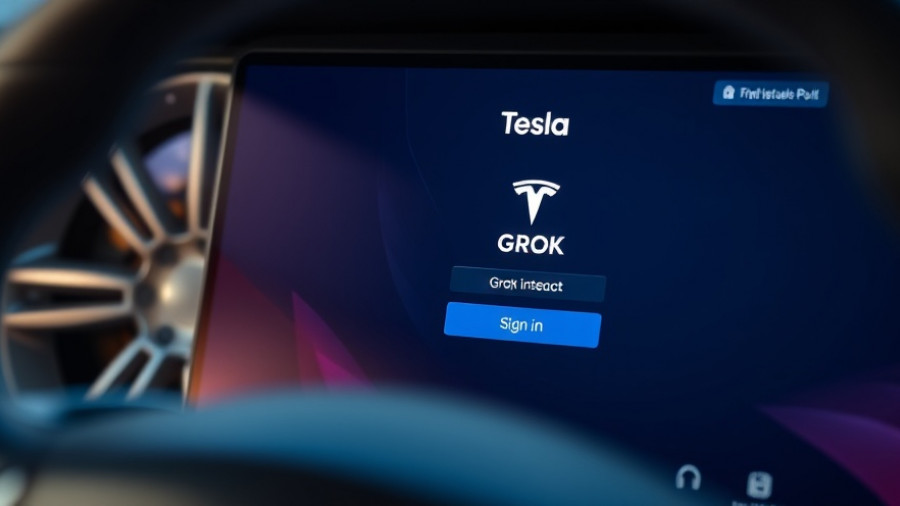
Musk's Grok: A Trademark Dispute Unfolds
Elon Musk's AI chatbot, Grok, has made waves in the technology sector, but its name is embroiled in a complex trademark dispute. The U.S. Patent and Trademark Office has suspended xAI's trademark application for Grok due to concerns that it could be confused with two existing companies: AI chipmaker Groq and software company Grokstream. Recently, a third contender has emerged, further complicating the landscape.
The Name Game: Three Companies, One Name
Bizly, a tech startup, claims it owns the rights to the Grok name. According to its founder, Ron Shah, the term emerged during a brainstorming session in 2021, rooted in a verb usage. He applied for the trademark that same year as he developed his AI-powered live events application. The situation escalated when Musk announced his Grok chatbot in 2023. Shah described his reaction as a shock, noting an influx of messages from friends wondering if he had struck a deal with Musk.
A Startup on the Brink
Shah’s company is now facing dire financial straits, stating that they are close to shutdown. In communication with Musk’s xAI, Shah expressed an interest in working together or selling the trademark for a fair price. However, he reported receiving no response, leaving his startup in a precarious position.
Trademark Foundations: What You Need to Know
Understanding trademarks is critical in this case. To register a trademark, companies must show that the name is being used to sell goods or services in at least two states. For Bizly, this presents a challenge, as its Grok app was still in beta testing and not launched commercially at the time of Musk's announcement. This has left room for legal debate over Bizly's claim to trademark rights.
Foundational Influence: The Origins of 'Grok'
The name Grok itself originates from the science fiction author Robert A. Heinlein in his novel Stranger in a Strange Land, published in 1961. The term has gained recognition for its deep meaning, signifying profound understanding. Both Musk and Shah have tied their projects to this significant concept, making the name even more valuable in the current tech climate.
Implications of the Dispute
This trademark dispute is more than just a fight over a name; it reflects the challenges and complexities facing emerging technologies and their innovators. With AI rapidly gaining traction across industries, the situation underscores the importance of intellectual property rights in fostering innovation. As startups and established companies alike strive for recognition in the AI marketplace, protecting brand identity becomes increasingly crucial.
Looking Ahead: Potential Resolutions
For Bizly, the path forward is uncertain. Shah's hopes for an amicable resolution with Musk’s xAI remain unfulfilled, raising questions about the future of his startup. Should the two sides reach an agreement, it could open doors for collaborations, benefiting both parties. However, if no resolution occurs, Bizly may find itself unable to continue, emphasizing the pivotal nature of trademark security in the tech industry.
Conclusion and Call to Action
As this trademark dispute evolves, it serves as a reminder of the critical interplay between innovation, branding, and legal frameworks. Entrepreneurs and tech enthusiasts alike should remain vigilant about developments in this case. Understanding the ramifications of trademark disputes is essential not only for those directly involved but also for anyone interested in the future of technology and business.
Stay informed and engage with the latest updates about Elon Musk and his AI ventures as this story unfolds!
 Add Row
Add Row  Add
Add 




Write A Comment